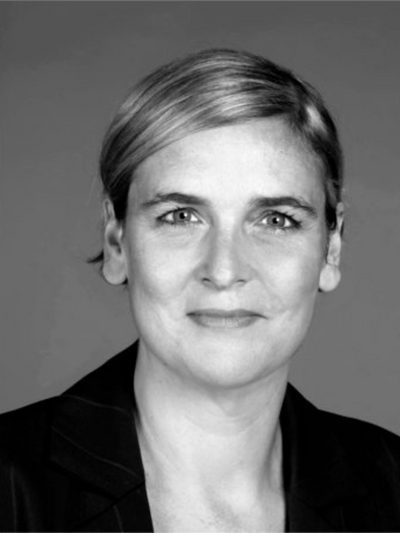Staging Sound
At the core of the minor is sound in space. Staging Sound explores the staging and performance of auditory experience spaces – from (interactive) sound installations and audio walks to sound-centered games.
Study level
BA and MA
Coursework
15 credits
Teaching language
German and English
Course commencement
Every second autumn semester
Number of study places
Limited
Programme
Course content.
A focused awareness of auditory environments, along with an overview of historical developments and the diversity of artistic works with sound, form the foundation of this minor. In addition, students acquire the necessary technical knowledge in the areas of digital audio editing, multi-channel audio, and physical computing to qualify for their own artistic projects. Contemporary sound artists are also invited to provide insight into their personal artistic practices. Furthermore, the minor includes the development of individual artistic projects. Students—working either individually or in small groups—are supported through coaching and mentoring.
“Staging Sound” consists of three distinct course blocks:
1. Mandatory Introduction Course
To ensure a dynamic exchange at eye level, an introductory course is offered that must be attended by all students.
2. Input Block
The Input Block consists of three modules that focus on the interaction of sound and space:
a) “Sound in Space” deals with sound as material and auditory work in spatial settings.
b) “Interactive Sound” focuses on sound as an interactive component of artistic staging.
c) A workshop input with a contemporary artist, exploring their specific approach to sound, concludes the block.
3. Independent, mentored work
Empowered by the prior inputs, students develop their own projects here—mentored by instructors from various disciplines—that explore sound and space.
The minor is taught in German and English, offered by the Theater Department, and is aimed at advanced Bachelor’s and Master’s students. It is open to all departments and takes place every two years.
Skills acquired in the course.
– Applying fundamental technical tools in sound processing and design
– Assessing artistic possibilities in relation to an aesthetic approach to sound
– Practically working artistically based on your own aesthetic profile
– Exploring transdisciplinary working methods
– Identifying, situating, and reflecting on your own artistic practice within the context of historical and contemporary art discourses
Admissions requirements.
The minor is aimed at advanced BA and MA students, for example, from the fields of Theater, Fine Arts, Choreography, Sound Design, Electroacoustic Composition, Interaction Design, Game Design, and other related disciplines.
The foundation is an interest in engaging with auditory spaces and expanding your own discipline with an artistic focus on (spatially performative) sound installations.
Additionally, you possess the following qualities:
– Interest in sound-based work
– Reflective ability
– Motivation, curiosity, and a willingness to experiment
– Independence, self-responsibility, and a readiness to perform
Language skills required.
The following language skills are required for participation in this minor:
– German and English: to follow a discussion
– German or English: to actively participate in oral exchange
– German and English: to understand a text
– German or English: to write a text
Benefits of studying at ZHdK.
The minor “Staging Sound” stands for a productive, transdisciplinary exchange at eye level. Students are given the opportunity to explore new artistic and auditory approaches within their own field of practice and beyond, with sound as the common starting point. The guiding principle is that all participating disciplines are regarded as independent artistic positions that do not serve a single field of practice but instead form collaborations with one another in confident artistic exchange—as artistic accomplices.
Time structure
This minor takes place all-day during minor weeks 2–4 and 8–10. In addition one block week in calendar week 37.
→ Graphic: time structure of the “Staging Sound” minor (PDF download)
→ More information about this minor (PDF download)
People
Minor Coordinator
Major-Minor Programme Model
At ZHdK, students choose a Major. In addition to this core subject, they can choose one or two Minors to deepen or expand their major skills and knowledge across various disciplines. This wide choice of courses is unique in Europe and enables students to develop and sharpen their individual profile.

